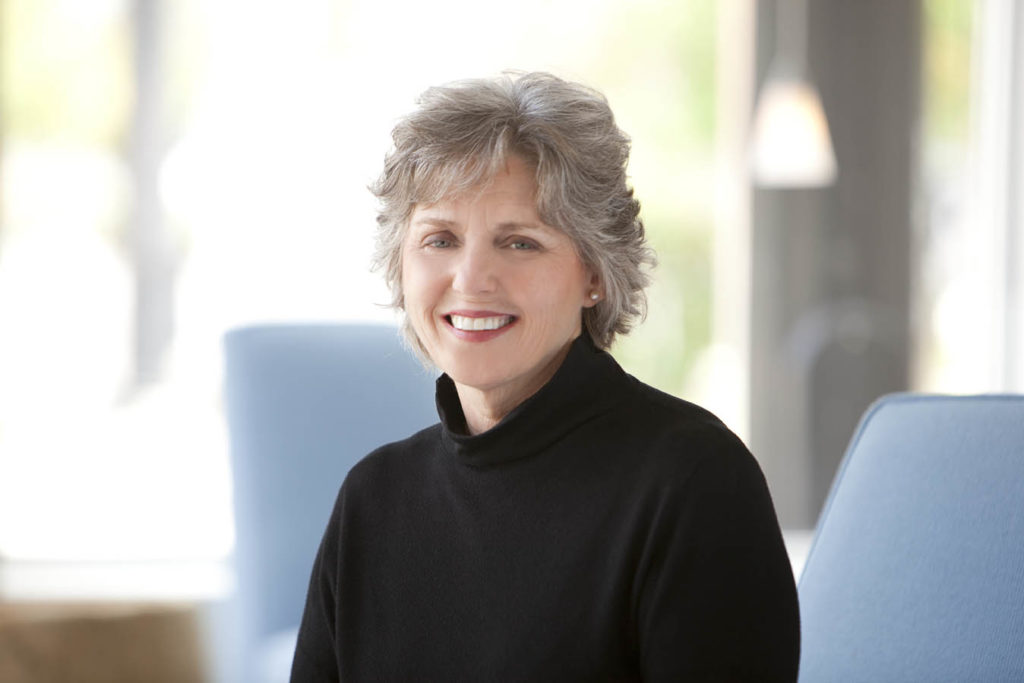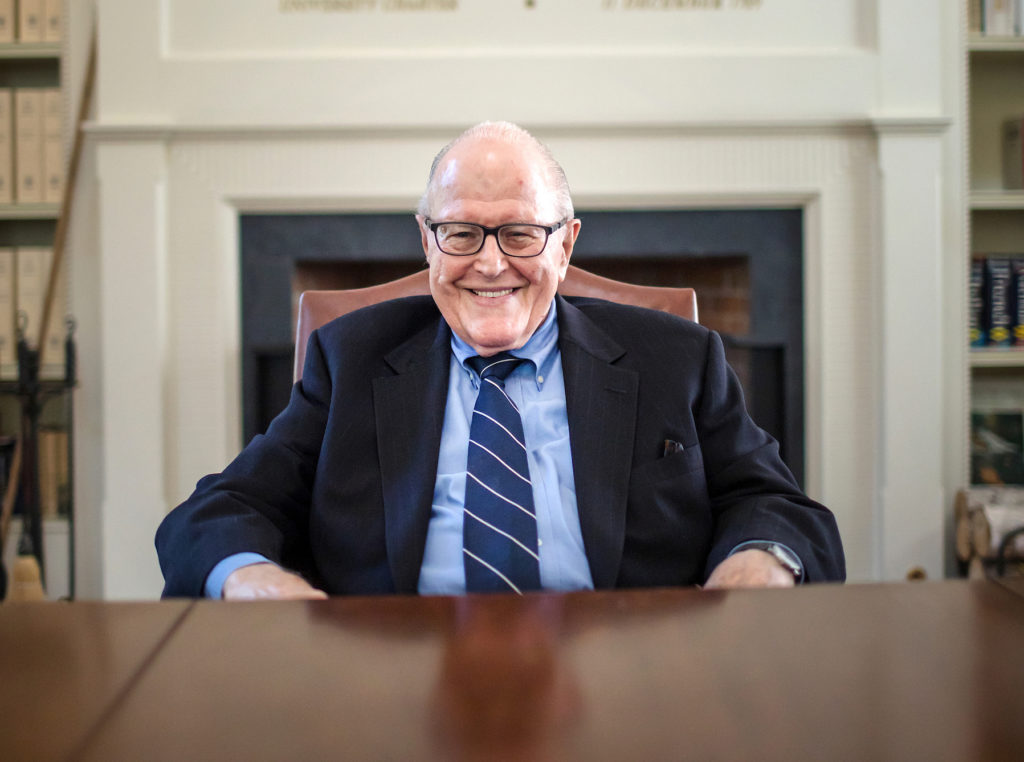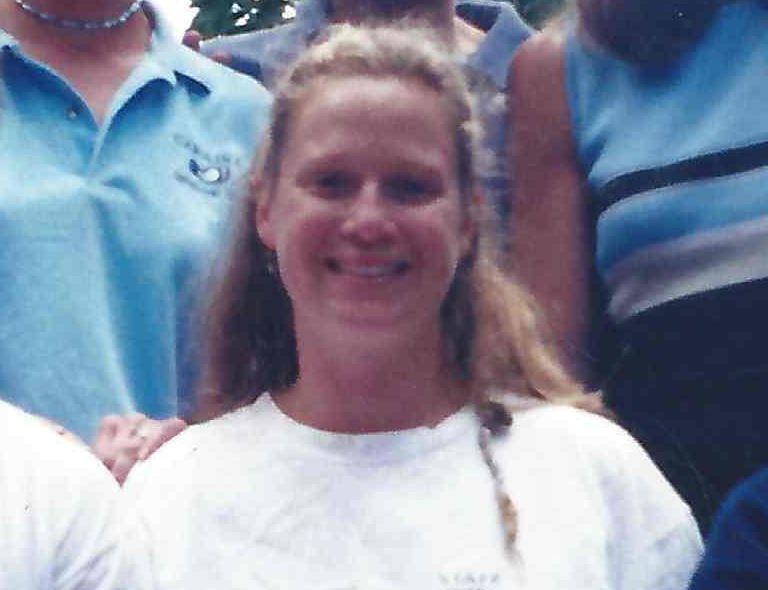
College of Arts & Sciences Dean Kevin Guskiewicz described the new Program in Environment, Ecology and Energy as “uniquely Carolina.”
“It will break down silos between humanities, social and natural sciences to expand our study of the interaction between humans and the built environment,” he said. “This will better position us to show how interdisciplinary the study of environment, ecology and energy really is.”
The curriculum in environment and ecology will become the new E³P Program on July 1. This change resulted from a comprehensive strategic planning process involving more than 25 faculty across departments and professional schools. It was among several new initiatives that Guskiewicz and his senior leadership team highlighted at the College faculty meeting on May 2.
Other initiatives included Humanities for the Public Good, the Institute for Convergent Science and the Global Guarantee.
Terry Rhodes, senior associate dean for fine arts and humanities, shared that the Mellon Foundation-funded Humanities for the Public Good initiative has awarded $200,000 in the past year to support faculty collaborative “critical issues” projects, department-based public scholarship endeavors, socially engaged courses and graduate students’ public humanities projects.
“Our graduate students are really being impacted by this particular program,” she said.

Senior Associate Dean for Natural Sciences Chris Clemens explained that convergent science is a “problem-centered approach to research” that “draws together scientists from a large span of disciplines” to tackle the world’s biggest challenges. The new UNC Institute for Convergent Science, a signature initiative in the Campaign for Carolina, will help speed the translation of basic research into technology solutions for health care; aerospace; national defense; environmental health and safety; and energy generation and storage.
A College Global Summit on May 16 will explore how to channel global investment into the College’s departments. Rudi Colloredo-Mansfeld, senior associate dean for social sciences and global programs, said his job is to figure out how to “infuse global into all departments across the College.”
“Through the Global Guarantee, we want to ensure that any student who comes to Carolina will have a meaningful global experience, whether it’s working for an NGO or connecting to an international project on campus,” he said. The goal is that when students graduate they will have the skills needed to become an engaged global citizen.
Abigail Panter, senior associate dean for undergraduate education, and Andy Perrin, chair of the General Education Curriculum Revision Coordinating Committee, gave an update on the rollout of the new “IDEAs in Action” curriculum. This will be the first major overhaul of the curriculum since “Making Connections” was implemented in 2006.
Pilots of key innovations like the new interdisciplinary Ideas, Information and Inquiry (III) course will take place in 2018-2019 and will be phased in during 2019-2020. The incoming class will be subject to new distribution requirements in 2020-2021, with the full updated curriculum ideally in place by 2021-2022.
“We have received input from faculty, student groups, parent councils, staff, administrative boards and more on the critical skills that every student should know before they graduate,” Panter said.
In other news:
- The College has, for the first time, surpassed the $100 million mark in fundraising in a single year. The College is also on track to reach its Campaign for Carolina goal of $750 million by December 2022. It has raised about $350 million to date.
- Fifty-seven new graduate fellowships were awarded thanks to private gifts. Department chairs have emphasized additional graduate support as a major priority.
- A $3.75 million gift from the Pope Foundation to the Philosophy, Politics and Economics Program (PPE) will support hiring new faculty, funding a lecture series and helping to grow this popular minor into a major.
- The College’s Business Operations Office has moved closer to campus, from the Europa Center to Rosemary Street, in the building once occupied by The Daily Tar Heel. An open house will be held on May 18.
- “Learning by Connecting, Doing and Making” — the College’s Quality Enhancement Plan — has engaged 1,559 students in 59 class sections across 20 departments.
“We are leading the way in instructional innovation through our QEP,” Guskiewicz said. “It is bringing together faculty regularly across the disciplines to discuss course development and best practices.”
Story by Kim Spurr, College of Arts & Sciences




